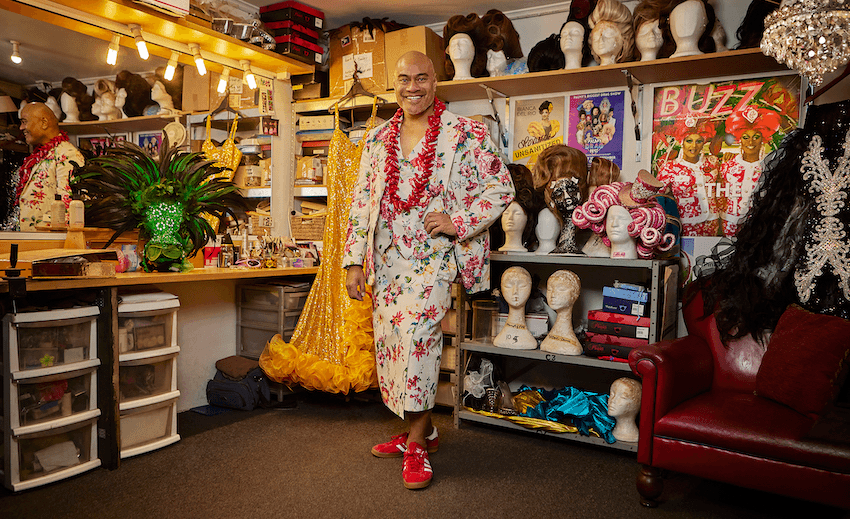Could a safety campaign called ‘Ask for Angela’ save women from creeps and predators in New Zealand? Katie Scotcher reports, in a piece originally published on Radio NZ.
A safety campaign to help people whose dates go horribly wrong has launched in Sydney – and there are calls to bring it across the ditch.
“Ask for Angela” encourages anyone who feels unsafe on a date or a social situation to go to the bar and ask “Is Angela working tonight?” The phrase triggers a response from trained staff who will discreetly escort that person to safety or contact authorities.
Two summers ago Rachel – not her real name – was on a date in a Wellington bar with a man she met on the dating app Tinder.
She said from the moment the date started, she felt uncomfortable. “He asked if he could touch my hair, I was going to say ‘no’ to, but before I had a chance he stroked my hair.
“Feeling very uncomfortable, I moved even further away, and then he moved closer. I said I was going to go and then he grabbed my hair.” Rachel said she was unable to leave because he was holding her hair so tightly.
“He pushed his face into my hair, against my head, and he sniffed my hair. Then he asked if he could take some and keep it – at which I stood up promptly and said I was going to go.”
Despite the man following her out of the restaurant, Rachel escaped unscathed and says she now laughs about the experience.
In another incident, Sarah – not her real name – went on a morning date with a man who she had also met through a dating app. During the date she mentioned she and her friends were planning to go clubbing that evening. To her surprise, he found her that night and followed her.
“He was just getting closer and closer and I was trying to move away without straight up being like ‘stay away’ or whatever, and he’d just grab on to you and just start dancing and stuff holding on pretty tight. At that moment, my being uncomfortable just kind of turned over into not feeling the safest.
“I ended up having a bit of a panic attack and just turned to my friend and asked her to get me out of there.”
Both Sarah and Rachel are calling for ‘Ask for Angela’ to be introduced in bars in New Zealand. On Saturday, the programme, which was created in England, was launched at 1300 bars across Sydney. While ‘Ask for Angela’ is not currently used in New Zealand, some bars have similar programmes already in place.
In seven Wellington bars customers who feel unsafe can order an ‘Angel shot’, which signals staff that they need to leave. Other bars have posters in their bathrooms encouraging people who feel unsafe to speak to staff.
Hospitality New Zealand advocacy and policy manager Nadine Mehlhopt said she planned to monitor the trial in Sydney to see if it was something that could be developed here.
“In the meantime, all bars in New Zealand are required to display the name of the manager on duty, and staff do need to be trained in assisting with safe transport.
“We would encourage anyone who is in a bar and doesn’t feel safe or who needs to sort out transport to talk to any staff member or the manager on duty because they are specifically trained to assist with safe transport home.”
While training bar staff was important, Sexual Abuse Prevention Network general manager Fiona McNamara said ensuring the general public understood what consent meant was the most salient.
“Ideally what we want to be doing is training people and educating people so that they understand what a healthy relationship is and what a way to go on a date in a bar or meet someone in a bar is, and make sure that we’re actually tackling the bad behaviour – that’s where the focus really should be.”
Whether ‘Ask for Angela’ was introduced in New Zealand or not, it was important people who felt they were in danger knew they could go to bar staff if they felt unsafe, McNamara said.
The Bulletin is The Spinoff’s acclaimed, free daily curated digest of all the most important stories from around New Zealand delivered directly to your inbox each morning.



